CARCEIT
2024 Education Impact Project 2 (EIP2)
2024 Education Impact Project 2 (EIP2)
Changing Academic Profession in Kazakhstan: Examining Faculty’s Research Performativity and Accountability in the Post-Socialist Context of Higher Education
About our Research Team
Co-PI: Aida Nuranova
Inara Akhmetova
PI/Faculty Mentor: Kairat Kurakbayev, Assistant Professor, NU GSE
Inara Akhmetova
PI/Faculty Mentor: Kairat Kurakbayev, Assistant Professor, NU GSE
The proposed study will explore how faculty members at regional public universities adapt to and experience neoliberal reforms in the post-socialist context of higher education. The study sets to pursue the following research questions:
(1) What are the nuanced perspectives and experiences of faculty members
regarding research performativity and accountability in the post-socialist context of Kazakhstan?
(2) What is the relationship between teaching load, funding availability, and faculty research performance in regional public universities?
(3) How do research development policies affect faculty performativity in regional
public universities?
(4) What are the changing patterns of the academic profession in regional public
universities in Kazakhstan?
Given the dearth of empirical research on the faculty research performativity in regional universities, the study intends to produce the following elements of social and economic impact on education in Kazakhstan:
1. Ensuring Inclusivity and Awareness: By focusing on faculty members in regional universities, the project highlights a segment often overlooked in academic studies. The study attempts to shed light on faculty experiences and challenges, bridging a gap in understanding and acknowledging the contributions and struggles of faculty members outside major cities or prestigious academic institutions. The purposive sampling will ensure that the study population will contain participants from both genders, a range of age levels, and a classification of academic titles. This can lead to a more inclusive approach to policy-making and resource allocation.
2. Gathering Empirical Data in Understudied Contexts: Given the project’s attempt to conduct and address the dearth of empirical research in post-socialist higher education systems, the study can provide valuable data and insights into the specific challenges related to faculty research performativity in regional contexts of higher education in Kazakhstan. This data can serve as a foundation for informed decision-making in policy reforms tailored to the unique needs of regional universities.
3. Seeking Policy Relevance and Application: Adapting an international survey to the Kazakhstani context not only provides a benchmark for comparison but also enables policymakers to understand how global trends intersect with local realities. This adaptation can aid in the formulation of more effective and contextually relevant policies that support faculty development, research, and teaching in regional universities.
4. Professional Development and Recognition: Through a focus on faculty research performativity, the study could potentially influence the design and implementation of professional development programs. This could lead to initiatives that recognize and support faculty members in their research endeavors, potentially boosting overall academic output and enhancing the reputation of regional universities.
5. Strengthening Academic Networks: The project’s emphasis on regional universities could foster collaborations among these institutions, creating networks for sharing best practices, resources, and support systems. This collaboration could contribute to elevating the academic standards and research capabilities of regional universities collectively.
(1) What are the nuanced perspectives and experiences of faculty members
regarding research performativity and accountability in the post-socialist context of Kazakhstan?
(2) What is the relationship between teaching load, funding availability, and faculty research performance in regional public universities?
(3) How do research development policies affect faculty performativity in regional
public universities?
(4) What are the changing patterns of the academic profession in regional public
universities in Kazakhstan?
Given the dearth of empirical research on the faculty research performativity in regional universities, the study intends to produce the following elements of social and economic impact on education in Kazakhstan:
1. Ensuring Inclusivity and Awareness: By focusing on faculty members in regional universities, the project highlights a segment often overlooked in academic studies. The study attempts to shed light on faculty experiences and challenges, bridging a gap in understanding and acknowledging the contributions and struggles of faculty members outside major cities or prestigious academic institutions. The purposive sampling will ensure that the study population will contain participants from both genders, a range of age levels, and a classification of academic titles. This can lead to a more inclusive approach to policy-making and resource allocation.
2. Gathering Empirical Data in Understudied Contexts: Given the project’s attempt to conduct and address the dearth of empirical research in post-socialist higher education systems, the study can provide valuable data and insights into the specific challenges related to faculty research performativity in regional contexts of higher education in Kazakhstan. This data can serve as a foundation for informed decision-making in policy reforms tailored to the unique needs of regional universities.
3. Seeking Policy Relevance and Application: Adapting an international survey to the Kazakhstani context not only provides a benchmark for comparison but also enables policymakers to understand how global trends intersect with local realities. This adaptation can aid in the formulation of more effective and contextually relevant policies that support faculty development, research, and teaching in regional universities.
4. Professional Development and Recognition: Through a focus on faculty research performativity, the study could potentially influence the design and implementation of professional development programs. This could lead to initiatives that recognize and support faculty members in their research endeavors, potentially boosting overall academic output and enhancing the reputation of regional universities.
5. Strengthening Academic Networks: The project’s emphasis on regional universities could foster collaborations among these institutions, creating networks for sharing best practices, resources, and support systems. This collaboration could contribute to elevating the academic standards and research capabilities of regional universities collectively.

